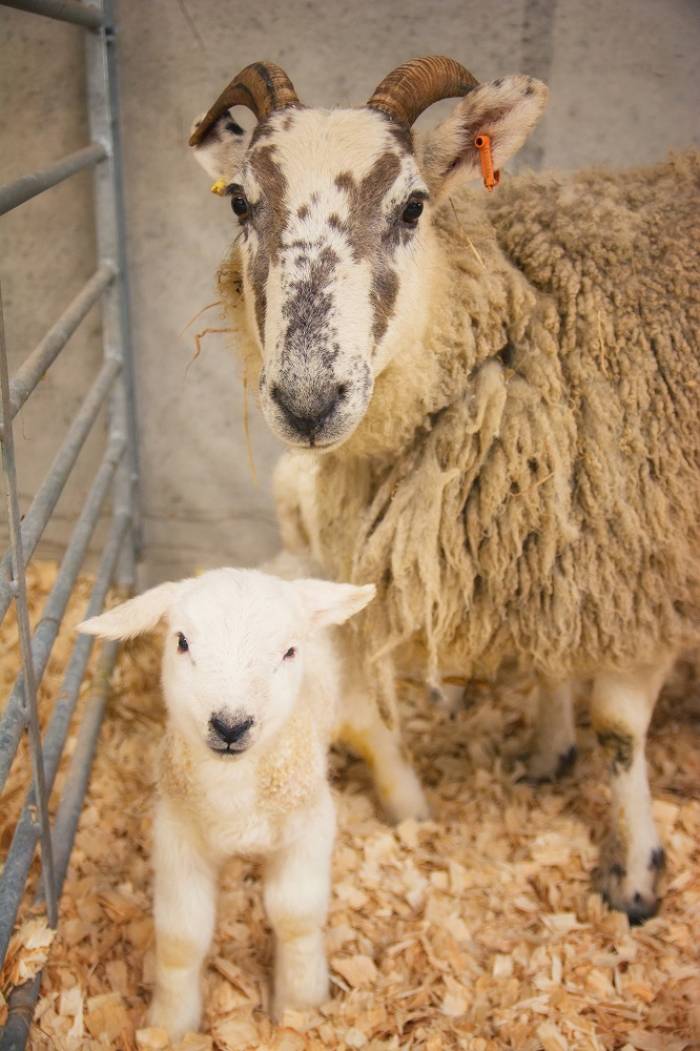23rd February 2024
Sustained wet weather has put ewes under pressure this winter, meaning loss of body condition score (BCS) will be a valuable guide when deciding which ewes to worm around lambing.
That is the message from experts within the Sustainable Control of Parasites in Sheep (SCOPS) group, which is continuing to urge producers to move away from blanket worming of ewes and towards a more targeted approach.
Speaking on behalf of SCOPS, independent sheep consultant Lesley Stubbings says: “Healthy adult ewes in optimum body condition have good immunity to roundworms and will sustain this if they are well fed, even under the stress of lambing and rearing lambs. Ewes in poor condition will struggle and it is these sheep that will have a compromised immunity, shedding large numbers of worm eggs in their dung. These eggs will contaminate spring pasture and allow a build-up of larvae when young lambs begin eating grass and are exposed to roundworms for the first time.
“The recommendation used to be to treat all ewes at lambing time to counteract what we call the ‘peri-parturient rise’. As our understanding of nutrition and ewe immunity has improved, we now know that treating all ewes isn’t necessary and speeds up the development of anthelmintic resistance.”
By assimilating results from new research, SCOPS has continued to hone its advice around lambing time and, having previously said to leave a proportion of the flock untreated, now recommends targeting treatment specifically to ewes under nutritional stress – which can be measured as a loss of body conditional score.
“The peri-parturient rise remains a threat to lambs and so wormers are an important tool to reduce pasture contamination and the subsequent challenge to lambs,” says Mrs Stubbings. “But it’s really important to target which ewes you treat, rather than inadvertently creating a different problem further down the line by blanket treating everything. In many cases only a small proportion of ewes need to be wormed.
“Most farms have experienced a very wet winter that will have taken its toll on many ewes. Some farms have also been unable to relocate ewes to better pasture because of bluetongue movement restrictions. Whatever the reason why, it is the ewes who’ve lost body condition that need to be targeted. If you just treat those females, which are the ones more likely to produce a high number of worm eggs in their dung, you can reduce the total amount of anthelmintic used this spring compared to blanket treating, without impacting production.
“If you’ve followed this approach before, it wouldn’t be surprising to find yourself treating a few more ewes this year than in previous seasons, given the pressure some ewes have been under. “
Ms Stubbings recommends producers speak to their vet and/or animal health adviser about this topic and also refer to the SCOPS website. Visit www.scops.org.uk/internal-parasites/worms/treating-adult-sheep for more about using body condition score as a measure and to understand the pros and cons of using long-acting moxidectin 2% wormers at this time of year.
